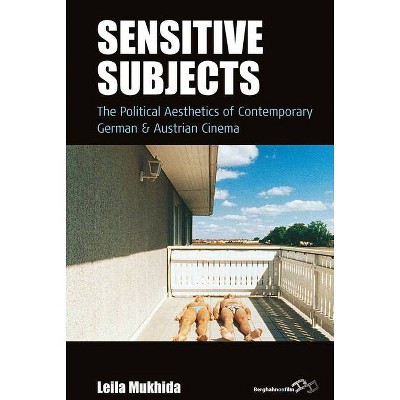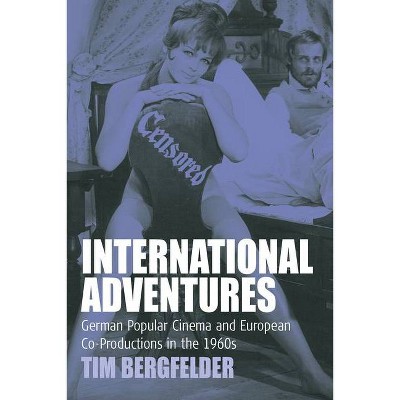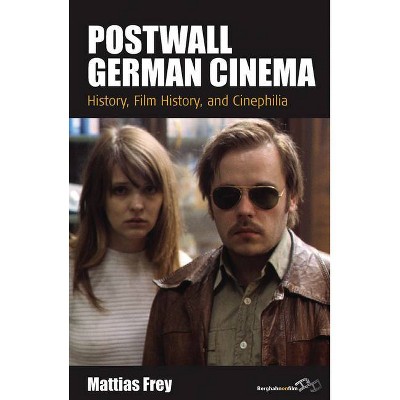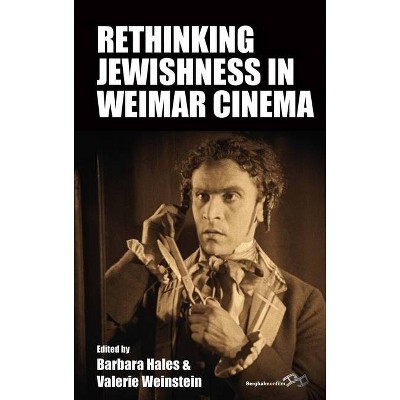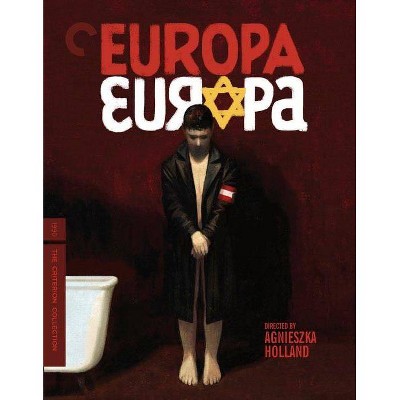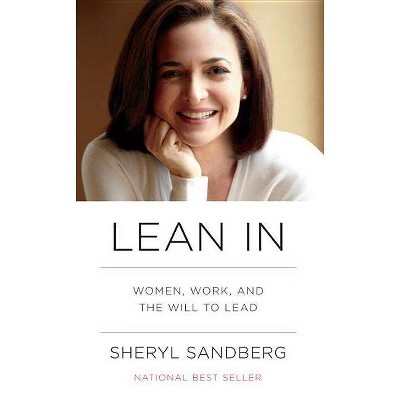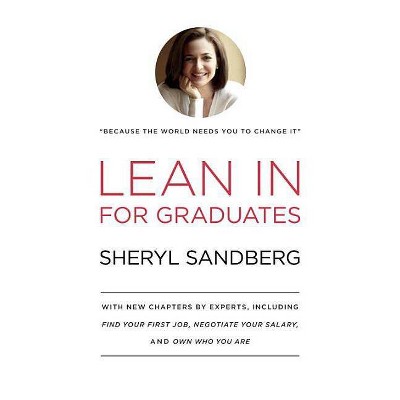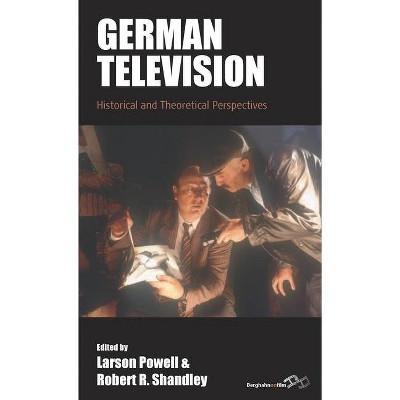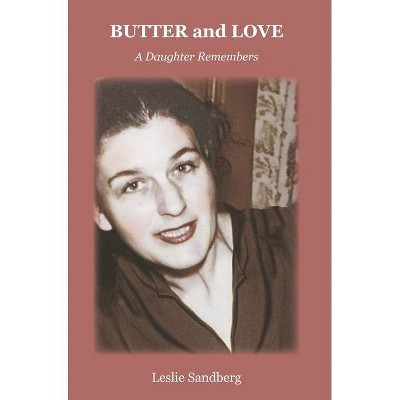Peter Lilienthal - (Film Europa) by Claudia Sandberg (Hardcover)
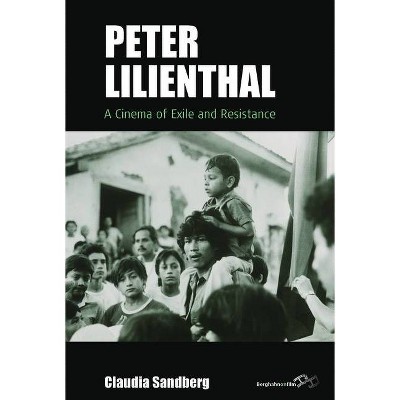
Similar Products
Products of same category from the store
AllProduct info
<p/><br></br><p><b> About the Book </b></p></br></br>"Best known for his 1979 film David, Peter Lilienthal was an unusual figure within postwar filmmaking circles. A child refugee from Nazi Germany who grew up in Uruguay, he was uniquely situated at the crossroads of German, Jewish, and Latin American cultures: while his work emerged from West German auteur filmmaking, his films bore the unmistakable imprints of Jewish thought and the militant character of New Latin American cinema. Peter Lilienthal is the first comprehensive study of Lilienthal's life and career, highlighting the distinctively cross-cultural and transnational dimensions of his oeuvre, and exploring his role as an early exemplar of a more vibrant, inclusive European film culture"--<p/><br></br><p><b> Book Synopsis </b></p></br></br><p> Best known for his 1979 film <em>David</em>, Peter Lilienthal was an unusual figure within postwar filmmaking circles. A child refugee from Nazi Germany who grew up in Uruguay, he was uniquely situated at the crossroads of German, Jewish, and Latin American cultures: while his work emerged from West German auteur filmmaking, his films bore the unmistakable imprints of Jewish thought and the militant character of New Latin American cinema. <em>Peter Lilienthal</em> is the first comprehensive study of Lilienthal's life and career, highlighting the distinctively cross-cultural and transnational dimensions of his oeuvre, and exploring his role as an early exemplar of a more vibrant, inclusive European film culture.</p><p/><br></br><p><b> Review Quotes </b></p></br></br><br><p> <em>"A great study of Lilienthal's oeuvre, enriched by Claudia Sandberg's personal interactions with Lilienthal, which updates the existing scholarship on this filmmaker."</em> <strong>- Laurie Johnson</strong>, University of Illinois at Urbana-Champaign</p> <p> <em>"</em>Peter Lilienthal <em>is an important and compelling study of a historically marginalized director and his commitments to transnational filmmaking. Vivid in description and rich in history, Claudia Sandberg's book engages us in exciting and insightful discussions of Lilienthal's films and reminds us of their continuing relevance."</em> <strong>- Olivia Landry</strong>, Lehigh University</p><br><p/><br></br><p><b> About the Author </b></p></br></br><p> <strong>Claudia Sandberg</strong> is a film historian and filmmaker. She is employed at the University of Melbourne as Senior Research and Teaching Fellow. Among other works, she created the documentary <em>Hidden Films: A Journey between Exile and Memory</em> (2016) with Alejandro Areal Vélez. Sandberg co-edited the volumes Contemporary <em>Latin American Cinema: Resisting Neoliberalism?</em> (2018) and <em>The German Cinema Book</em> (Second edition, 2020).</p>
Price History
Price Archive shows prices from various stores, lets you see history and find the cheapest. There is no actual sale on the website. For all support, inquiry and suggestion messagescommunication@pricearchive.us
